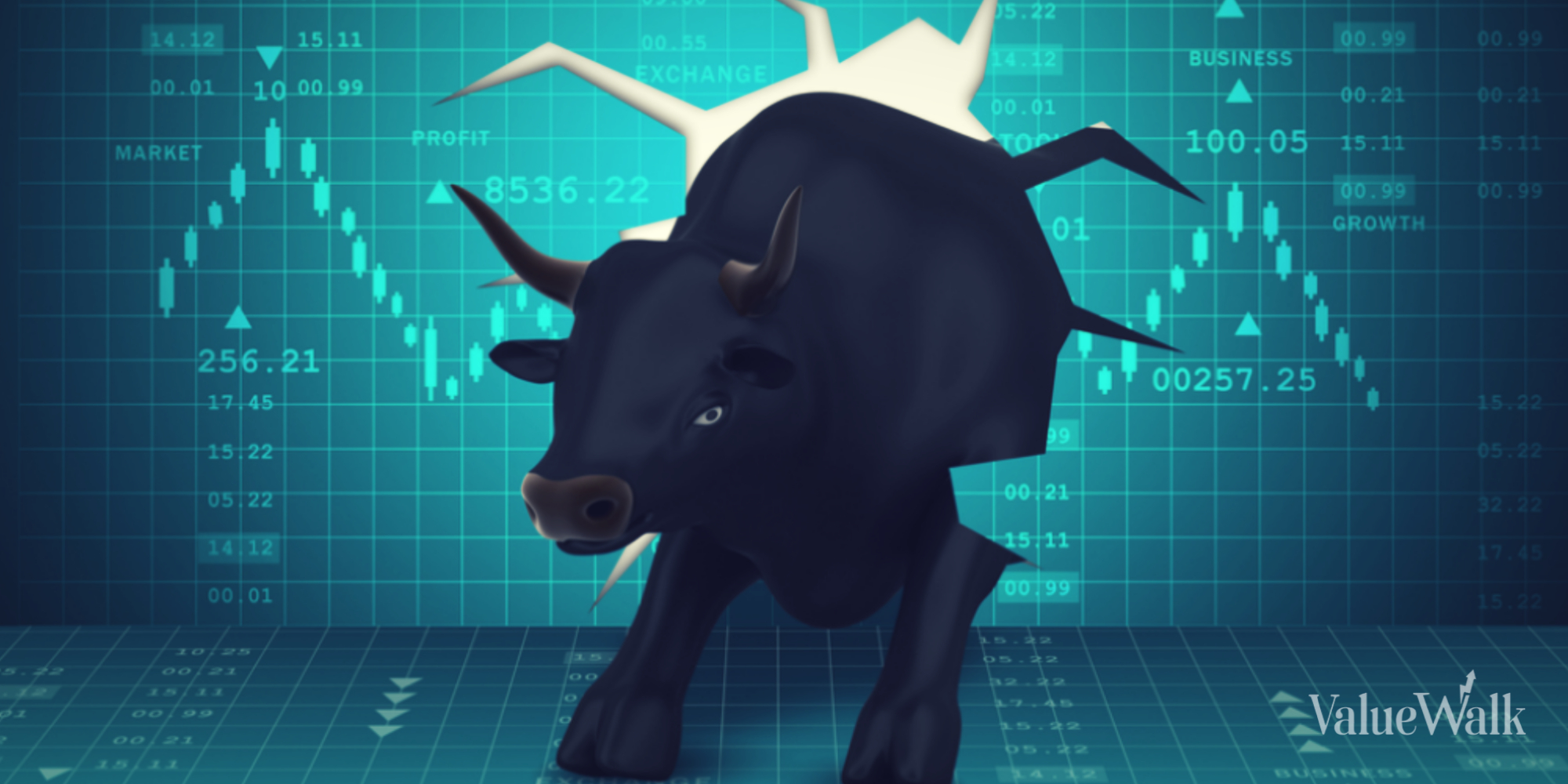Are stock investors 100 percent rational? Or are they 100 percent emotional? Or are they a mix, rational in some circumstances and emotional in others?
It matters.
Investors are partly emotional and not entirely rational
The Buy-and-Holders say that valuation-based market timing doesn’t work. If investors are partly emotional, valuation-based market timing would be needed at times to get prices back to where they should be. So the idea that investors are entirely rational would be a dangerous one if it were not true. I blame the relentless repetition of the claim that market timing doesn’t work for today’s CAPE value of 34, which I think can fairly be characterized as scary.
But….
We have been enduring high CAPE values for many years now. The CAPE has been high since 1996, with the exception of a few months in the immediate aftermath of the 2008 economic crisis. Is it really emotional for investors to become complacent about high stock prices that can remain in effect for as long as high stock prices have remained in effect in recent decades?
I think it’s at least somewhat emotional. Robert Shiller’s Nobel-prize-winning research showing that valuations affect long-term returns is based on the entire historical record, not on just the outlier results that we have seen in recent decades. It’s irrational to tune out the much larger historical record to focus on a few decades in which investing heavily in highly overpriced stocks has offered good short-term results.
If you throw out the historical record, you are behaving irrationally. Anything can happen. No one can say with certainty that today’s high stock prices will end in tears. But every other time in history in which stock prices have reached the level where they reside today has ended in tears. So I certainly see that as the safe bet.
To persuade one’s self that history doesn’t matter is even a scarier possibility than acknowledging that today’s high stock prices are bad news for stock investors. If history doesn’t matter, then there is no sound reason to believe that stocks will offer strong returns on a going-forward basis. The historical record offers a discomforting message for those invested heavily in stocks today but a highly comforting message for those with a general preference for investing heavily in stocks.
So today’s investors are not acting in an entirely rational way. If they were, the CAPE value could not be what it is today. Rational investors would sell enough stocks to pull that CAPE value down to a more reasonable level. But they are behaving in a somewhat rational way by maintaining their confidence in stocks as an investment class. I don’t view Buy-and-Holders as entirely rational people. But they are rational in many respects.
My personal take is that Buy-and-Holders are rational in all respects but one. They are not rational in their response to irrational exuberance. They are indifferent to it. They are complacent about it. They seem hung up about the fact that it is not possible to know when a bubble will pop. So they elect to go with the same stock allocation at all times, changing risk levels be darned. That’s irrational. It makes no logical sense. But it’s a consistent policy, in a way. It’s “Staying the Course,” in the phrase favored by the Buy-and-Holders.
Failing to engage in market timing only hurts investors on rare occasions. Prices do not shoot to dangerous highs over short periods of time. Out-and-out price crashes/economic collapses are rare. Staying with the same stock allocation works well at all other times, which is most of the time. So perhaps there is some twisted form of logic that supports the Buy-and-Hold way of looking at things.
I see it as being more rational to keep one’s risk profile constant by engaging in valuation-based market timing as needed. That’s Staying the Course in a meaningful way. But I cannot deny that Buy-and-Hold can appear to offer good results for long stretches of time. That’s certainly been the case from 1996 through today, which is 28 years of stock market history. Buy-and-Hold is just rational enough to appear entirely rational to a large number of smart people.
Rob’s bio is here.





